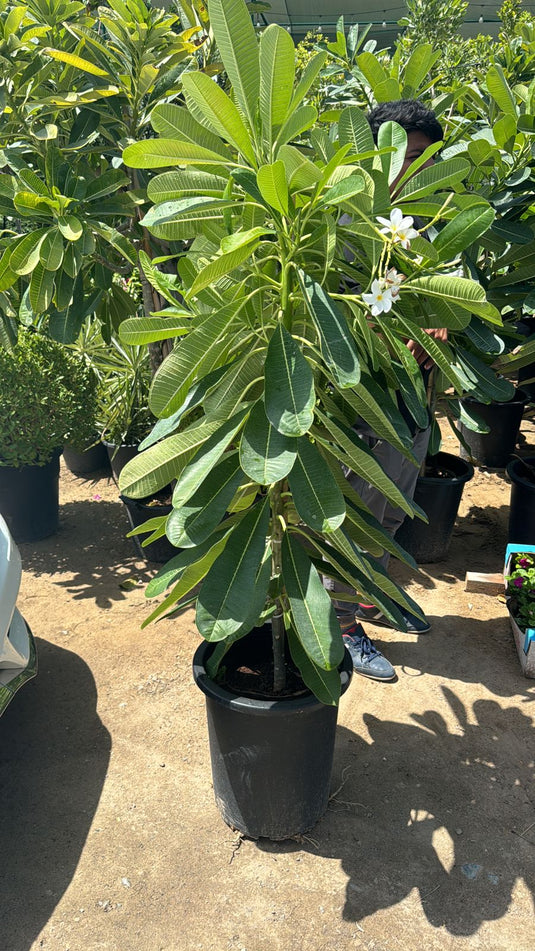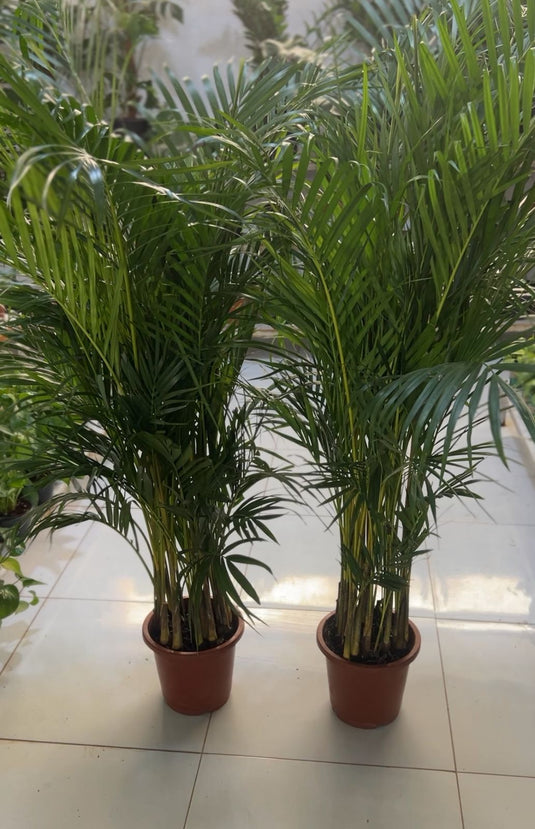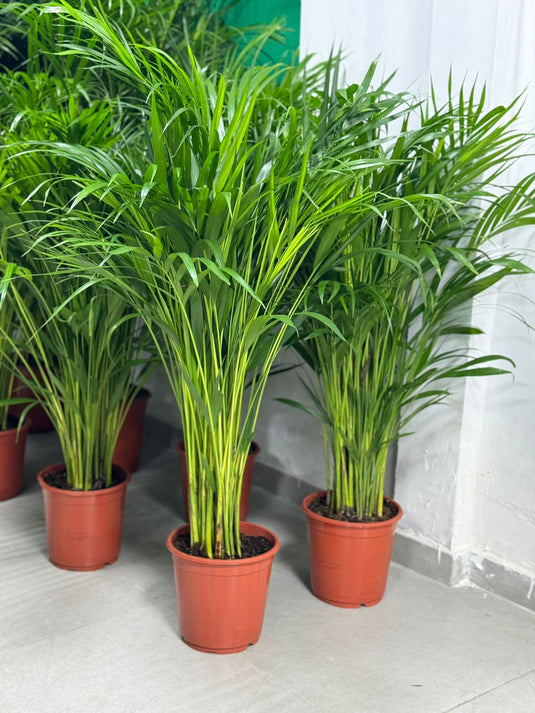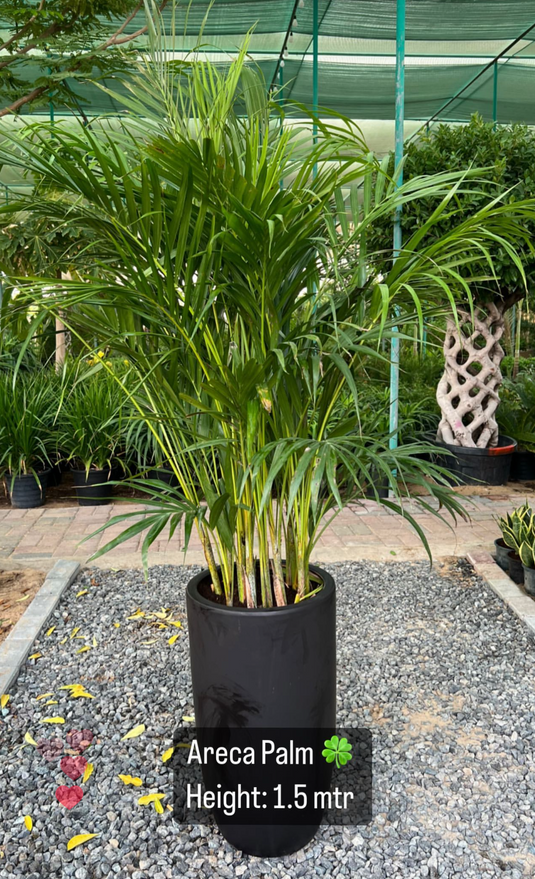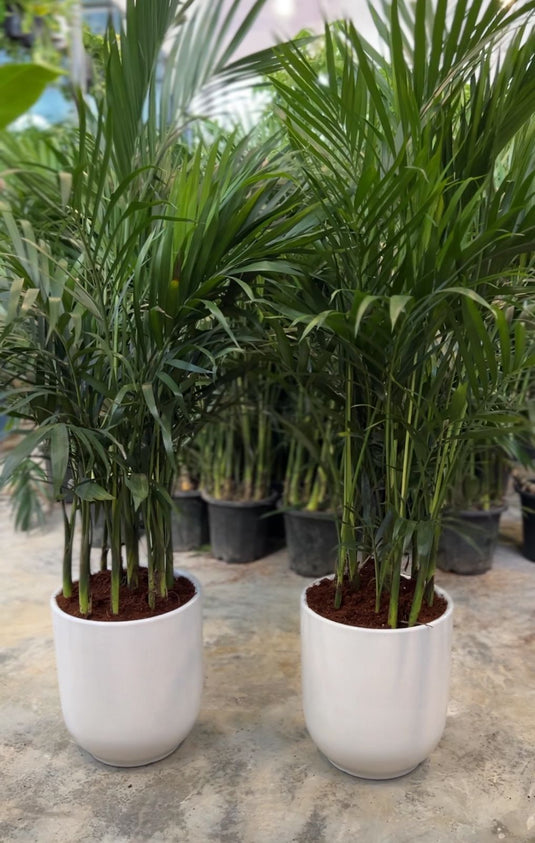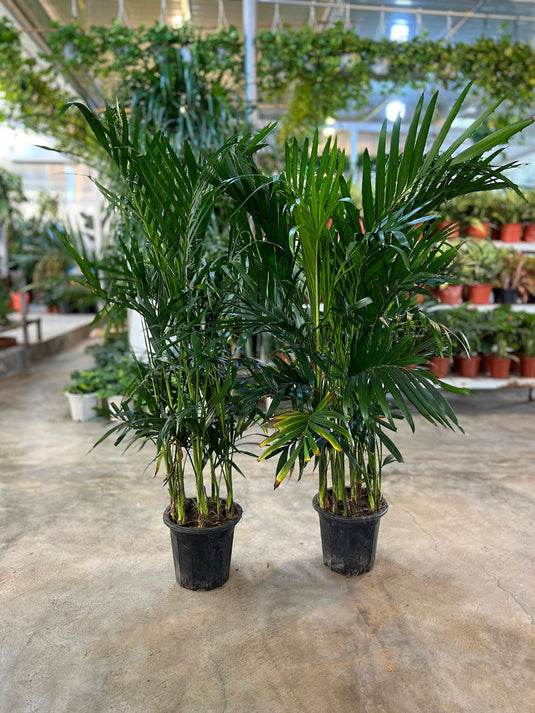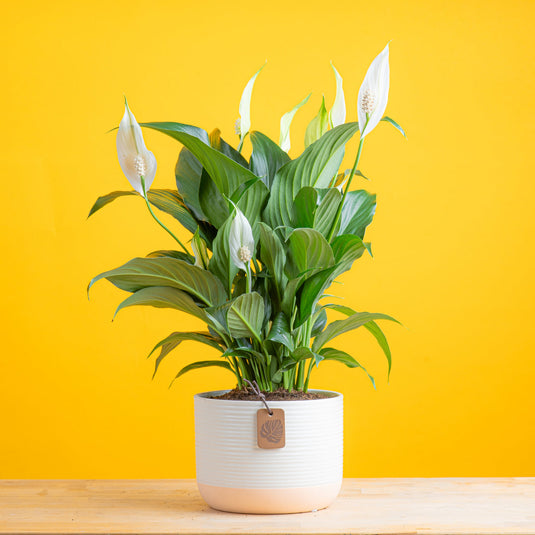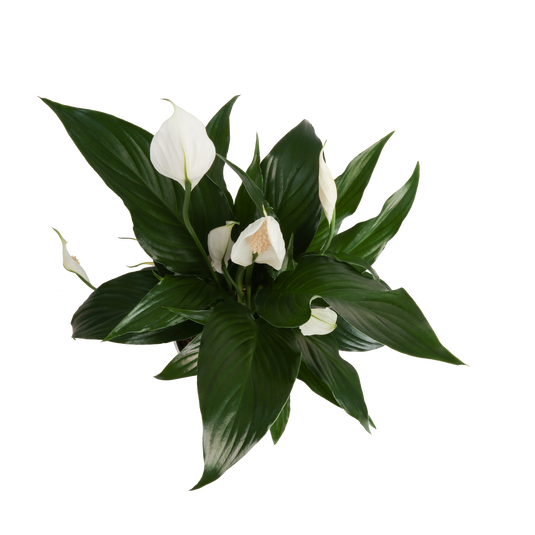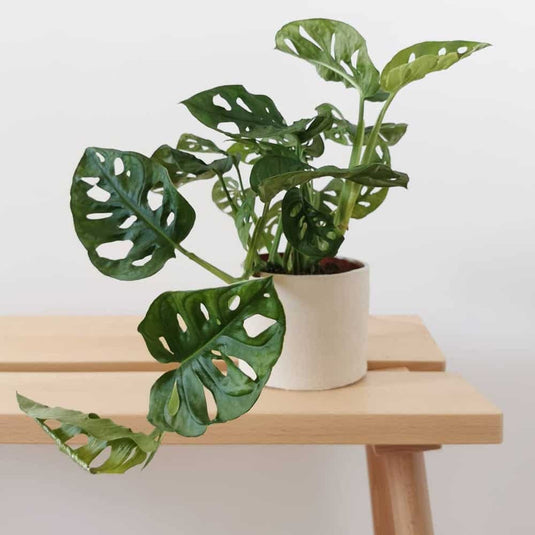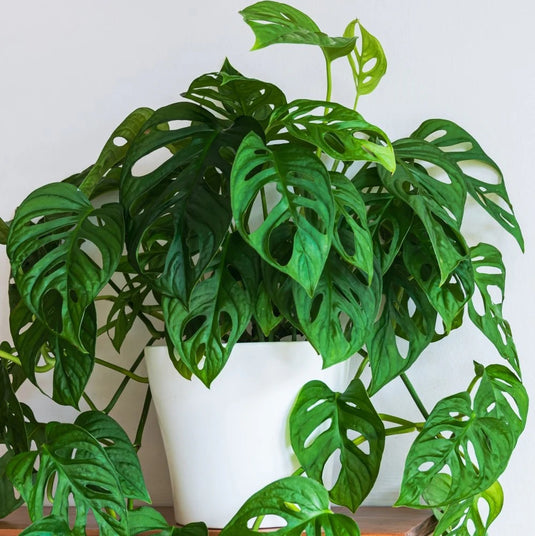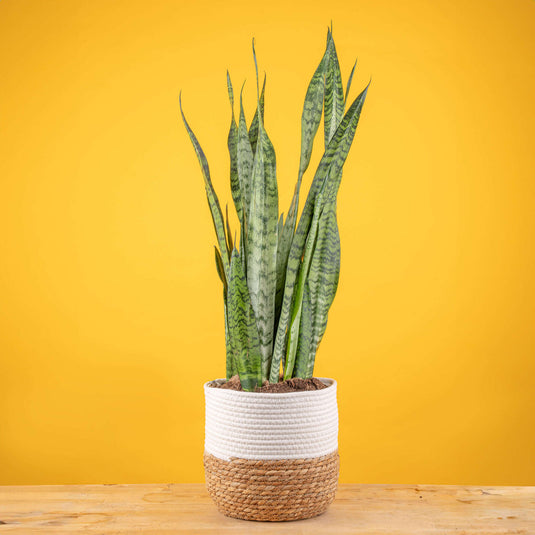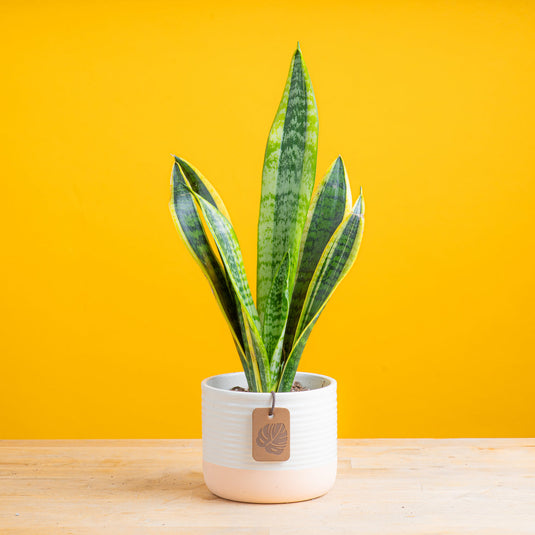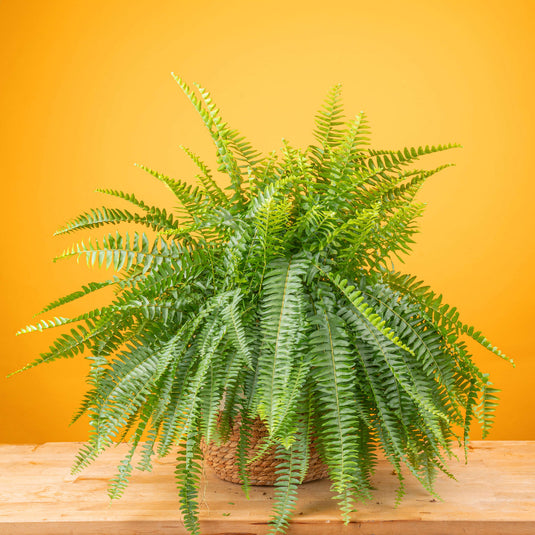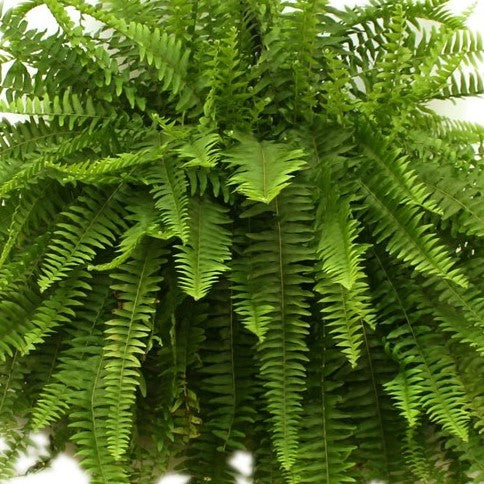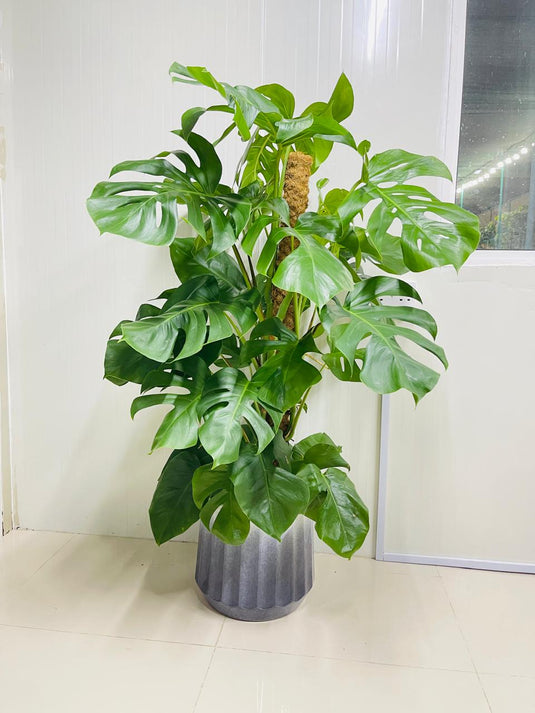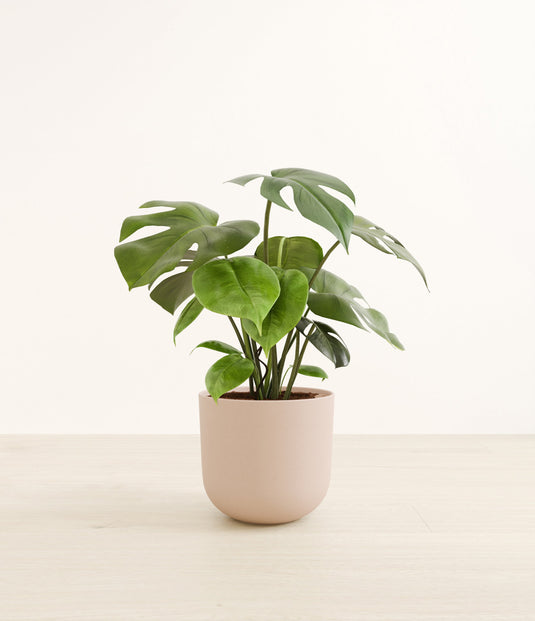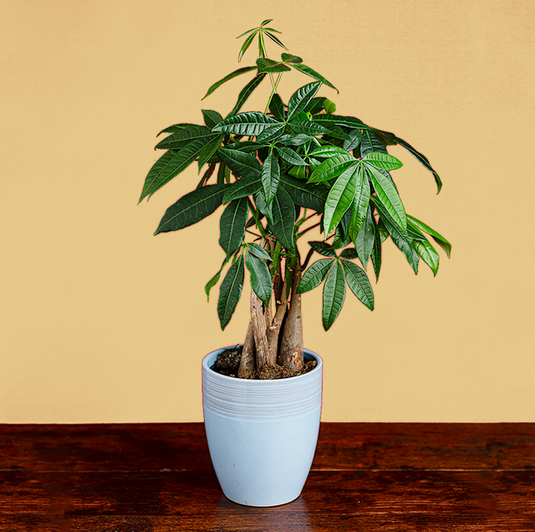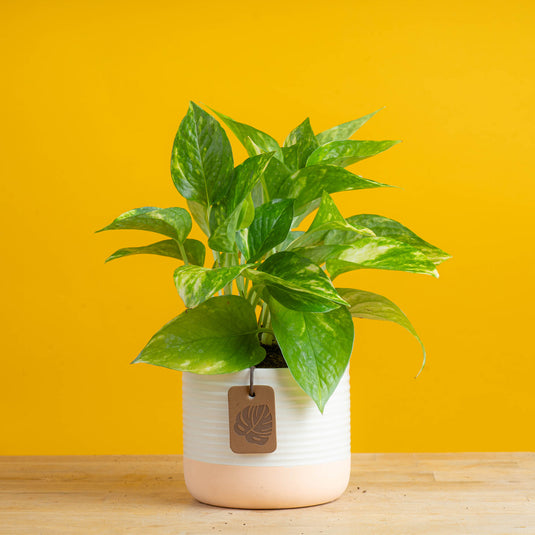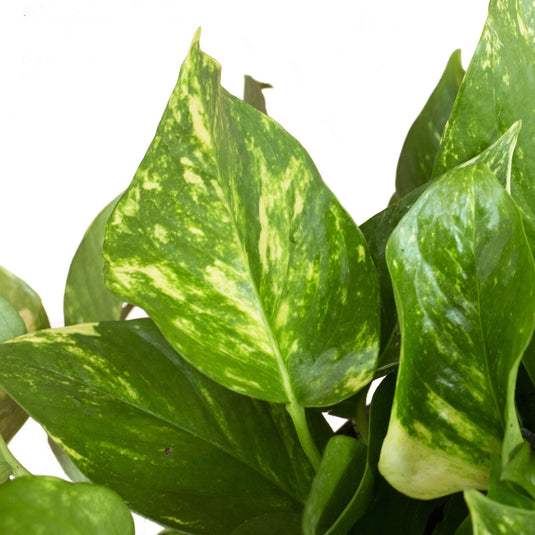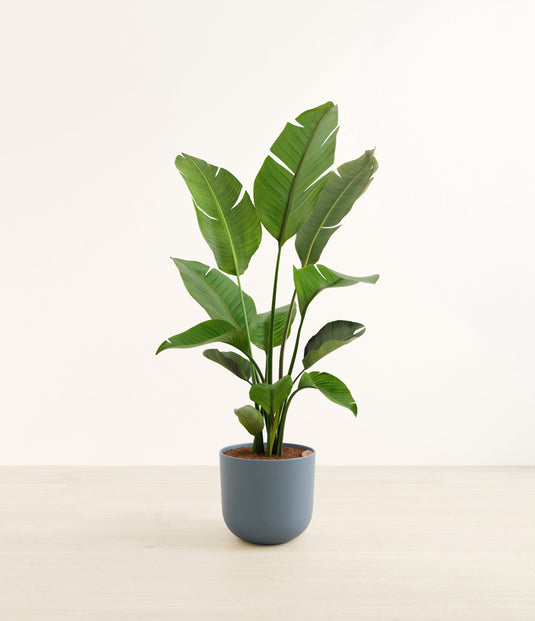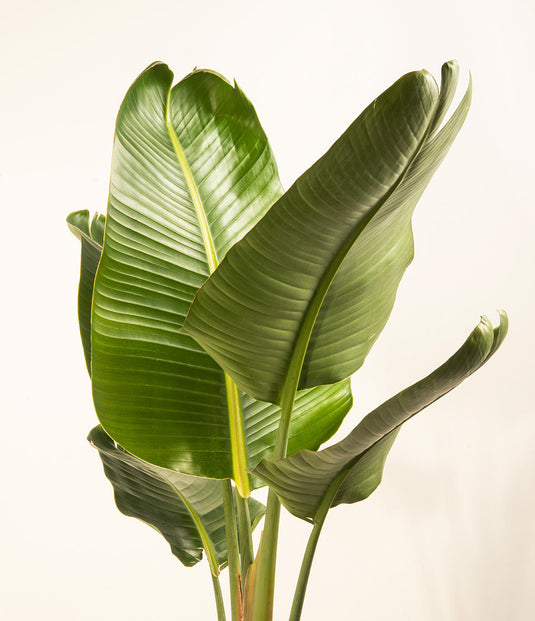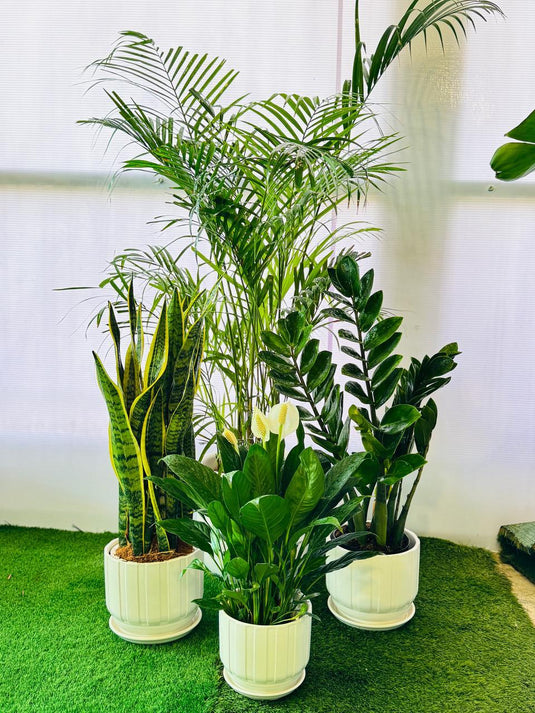Plumeria Tree
- Healthy Arrival Guarantee
- Free Plant Care Consultation
- Safe & Secure Payment

We will send you a notification as soon as this product is available again.
-
Estimated delivery: Feb 10 - Feb 14
-
Free return within 7 days of purchase.
Plant Description
The plumeria tree is a flowering plant native to tropical and subtropical regions. Known for its fragrant flowers, it is often used in landscaping and traditional medicine. The global market for ornamental plants, including plumeria trees, is projected to reach approximately $30 billion by 2030.
5 Benefits of plumeria tree for atmosphere
1. Ornamental Value
Plumeria trees are renowned for their stunning, fragrant flowers, enhancing the beauty of gardens and landscapes. Studies indicate that their vibrant colors and unique blooms can significantly improve property aesthetics (Hernandez et al., 2021).
2. Drought Tolerance
These trees are drought-resistant and can thrive in arid conditions with minimal water. Research shows that plumeria trees adapt well to low-water environments, making them suitable for sustainable landscaping (Kumar et al., 2022).
3. Air Quality Improvement
Plumeria trees contribute to improved air quality by absorbing CO2 and releasing oxygen. A study found that urban greenery, including plumeria, plays a crucial role in reducing air pollution levels (Smith et al., 2023).
4. Medicinal Properties
The plumeria tree has been used in traditional medicine for its potential health benefits, including anti-inflammatory and analgesic properties. Research has shown that extracts from plumeria leaves and flowers can aid in healing and pain relief (Roberts et al., 2022).
5. Wildlife Habitat
Plumeria trees provide habitat and food sources for various wildlife species, including birds and pollinators. Studies indicate that these trees support biodiversity in urban and suburban landscapes (Zavala et al., 2023).
Disadvantages
- Plumeria trees may require time to reach their full height and flowering potential.
- Regular maintenance may be necessary to manage foliage and ensure healthy growth.
- These trees thrive in specific tropical and subtropical climates, which may limit their cultivation in cooler regions.
- There may be limited consumer awareness regarding the diverse benefits and uses of plumeria trees.
Frequently Asked Questions
1. Are Plumeria Trees visually appealing?
Yes, Plumeria Trees are known for their beautiful, fragrant flowers that enhance garden aesthetics.
2. Can Plumeria Trees survive in drought conditions?
Yes, they are drought-resistant and can thrive in arid environments with minimal water.
3. Do Plumeria Trees improve air quality?
Yes, they absorb CO2 and release oxygen, contributing to better air quality.
4. Do Plumeria Trees have medicinal properties?
Yes, they are used in traditional medicine for their anti-inflammatory and analgesic effects.
5. Do Plumeria Trees provide habitat for wildlife?
Yes, they offer food and habitat for various wildlife species, supporting local biodiversity.
Final Verdict: Should I Buy Plumeria Tree?
Yes, the Plumeria Tree offers significant aesthetic, environmental, and ecological benefits for landscaping.
Plant Care
Watering
Water your plant once a week or when the soil starts to feel slightly dry on the surface. Keep the soil consistently moist, but be careful not to overwater, as this can cause brown spots and leaf drop. If the leaves become curly or dry, it's a sign that the plant needs water. It's best to water your plant in the early morning or late evening when the temperatures are cooler. Always check the soil before watering.
Light
Provide bright indoor light or indirect sunlight for about 6 to 8 hours a day.
Temperature
Maintain temperatures between 18°C and 24°C. Avoid exposing the plant to drafts, as these can cause undesirable temperature fluctuations. Mist the plant occasionally, about twice a week, to help maintain optimal humidity levels.
Fertilizer
Apply liquid fertiliser every 15 days when the plant is actively growing. For best results, use Folikraft ready-to-use Indoor Plant Food.
What Our Clients Say About Us
As a House se Manager in prestigious property in Dubai HILLS ESTATE, I would Highly recommended My Plants - Landscaping Services. All the team were amazing and hardworking. They are expert that achieved coordination and best feedback results to any projects that my Client wish and job order done. Appreciated. Thank you.
I ordered a 2m bird of paradise on their website with a pot. The price was much more reasonable than elsewhere, so I gave it a try. Ordered at 9pm on a Thursday night, delivered at 3pm the next day. The plant arrived bigger than I expected, replanted in its pot with brand new potting soil, incredible! The black pot is a perfect match for my home and really looks high-quality. Thanks again!
Good plants, they came over to my place to pot them and clean them, prices are good also, thank you Kashif for improving my experience and your top customer service.
